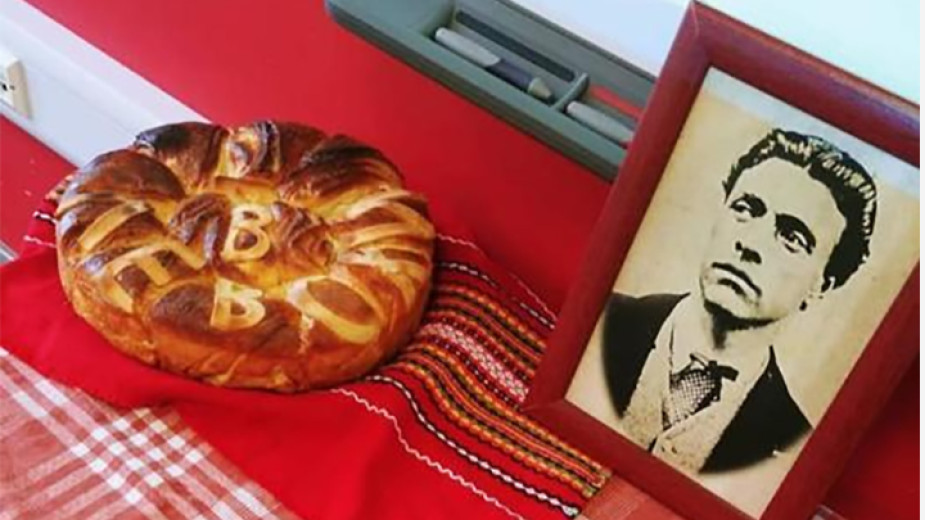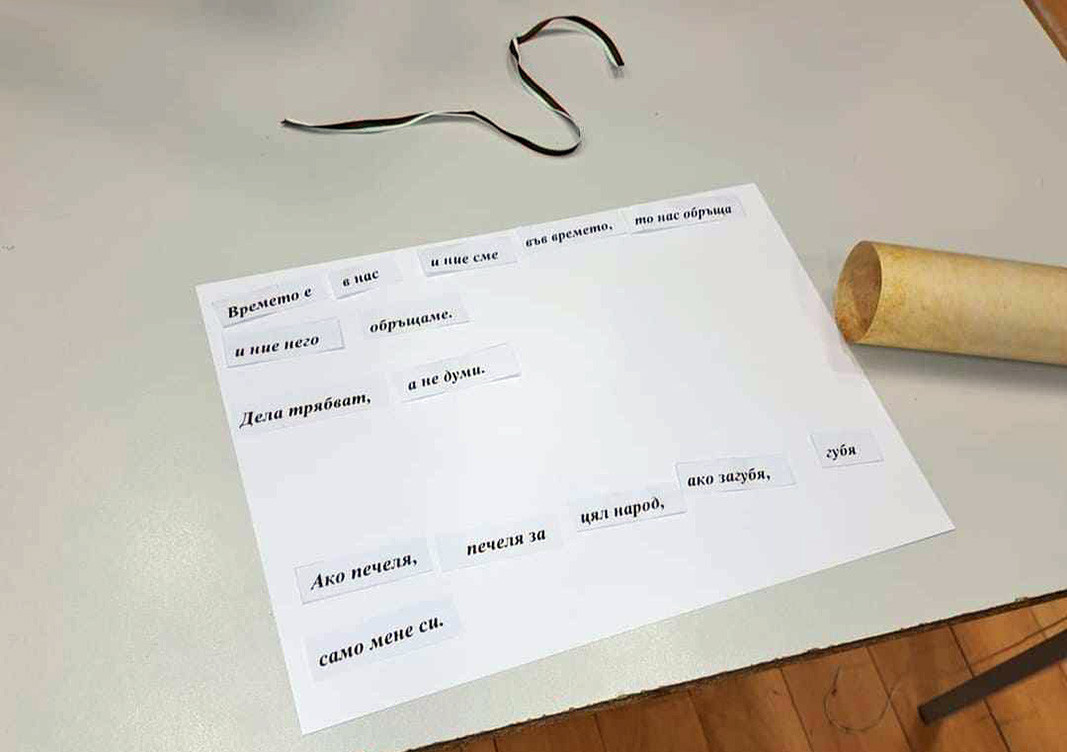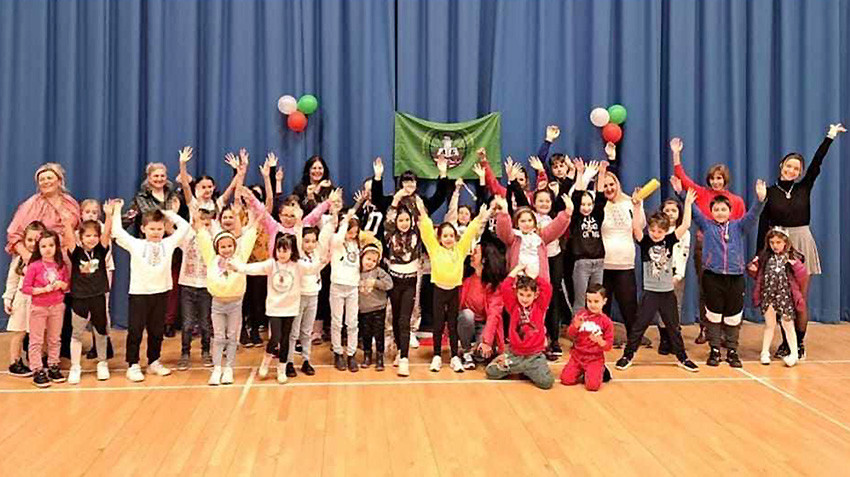 10
10





The international culinary competition "Cupid's Spoon" will be held in Bulgaria for the third consecutive year. The culinary contest has a mission- to show that people with disabilities can successfully cope with everyday activities when given..
The Climate, Atmosphere and Research Institute at the Bulgarian Academy of Sciences (CAW RI-BAS) is organizing a conference and celebratory event dedicated to water – an invaluable natural resource, an irreplaceable component of all organisms..
More than 150 Trabants and other collector cars from the past will parade through the streets of Veliko Tarnovo today for the 14th edition of the Trabant Fest. For the first time, a restored 1928 car belonging to an owner from Pavlikeni will parade..
More than 150 Trabants and other collector cars from the past will parade through the streets of Veliko Tarnovo today for the 14th edition of the Trabant..
The Climate, Atmosphere and Research Institute at the Bulgarian Academy of Sciences (CAW RI-BAS) is organizing a conference and celebratory event..
The international culinary competition "Cupid's Spoon" will be held in Bulgaria for the third consecutive year. The culinary contest has a mission-..

+359 2 9336 661
